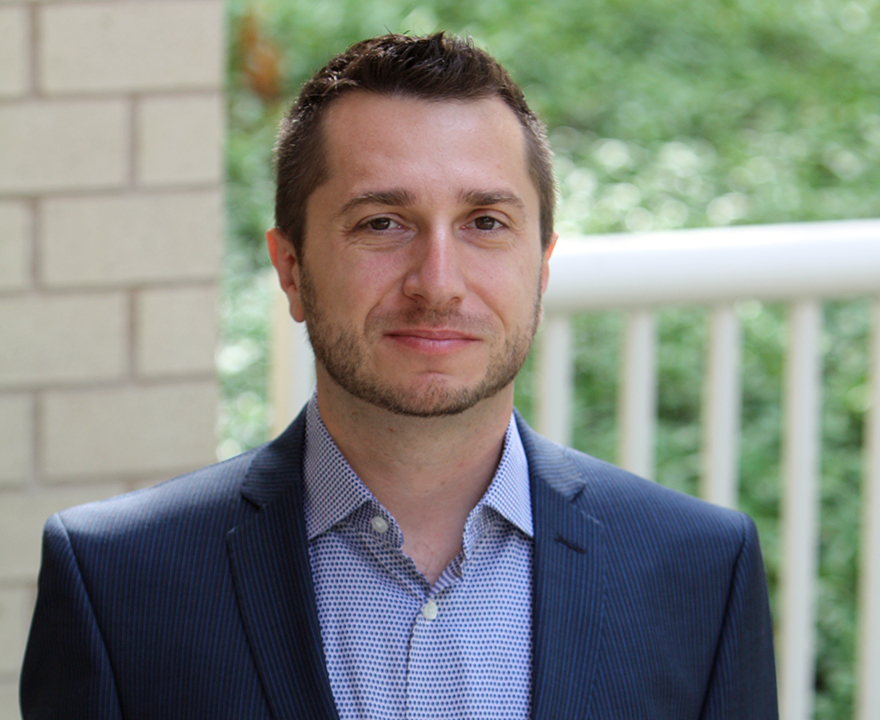Using big data and deep learning to make healthier choices

Using big data and deep learning to make healthier choices
- January 17, 2017
- UCI economist studies complex purchasing patterns to understand and create healthy behaviors
-----
You may want to think twice about dropping that 12-pack of soda into your cart the next time you’re grabbing groceries. It turns out these sugary, carbonated beverages are one of the key triggers pointing to a habit of unhealthy food purchases at supermarkets nationwide. And according to the U.S. Centers for Disease Control and Prevention, nearly one-third of all Americans enjoy at least one of these drinks a day.
“Both policy makers and companies are looking to encourage the consumption of healthier foods,” says Matthew Harding, UCI economics associate professor. “In the U.S., we now have soda taxes in several jurisdictions, while big food companies are looking to capitalize on changing consumer tastes.”
A new member of the UCI faculty, the econometrician is working to understand consumer behavior to induce healthier lifestyles through “deep learning.” These methods apply complex machine learning models based on neural networks to large and information-rich data sets derived from many seemingly unrelated sources – think grocery store purchases, consumer demographics, detailed nutritional product information – to find linkages across individual consumption and health. The outcome? Novel behavioral insights, which show a complexity of choices and preferences among narrowly defined demographic and economic groups.
“The diversity of choices individuals make in today’s environment, where an average supermarket sells over 50,000 products, is quite remarkable. It is thus very important to use advanced analytic tools to understand the heterogeneous nature of people’s choices in order to improve both policies and business decisions.”
The above is one of two studies he currently has in progress. Funded with a $20,000 Microsoft Azure Research Award, Harding is diving deep into hundreds of millions of grocery transactions of 122,970 households to better understand purchasing patterns that lead to unhealthy consumption. The study will be completed by the end of 2017 and the computational tools developed as a result will be made publicly available.
Harding is also looking at the impact of healthy incentive programs for food stamp recipients in Michigan with $78,400 in funding from the Robert Wood Johnson Foundation in concert with the New York University School of Medicine. This study runs through May 2018.
“Using advanced techniques from machine learning is an important step which all economists will have to take in order to provide timely and insightful policy recommendations. The availability of Big Data allows us to understand how policy impacts different types of individuals and allows us to conduct a much more insightful analysis than we were able to perform until now,” says Harding.
Harding joined the UCI faculty in fall 2016. He received his undergraduate degree from the University College London, his master’s from the University of Oxford, and his Ph.D. from the Massachusetts Institute of Technology. He previously held professorships at Duke University and Stanford.
-Heather Ashbach, UCI School of Social Sciences
-----
Would you like to get more involved with the social sciences? Email us at communications@socsci.uci.edu to connect.
Share on:
Related News Items
- Careet RightEconomics of Anteater life
- Careet RightA cash-for-clunkers program could reduce aviation emissions
- Careet RightStudies show your credit score can predict how long you'll live: Here's how
- Careet RightYour credit score can predict when you'll die, research shows
- Careet RightWhy personal debt looks healthy despite California's worst year for jobs


